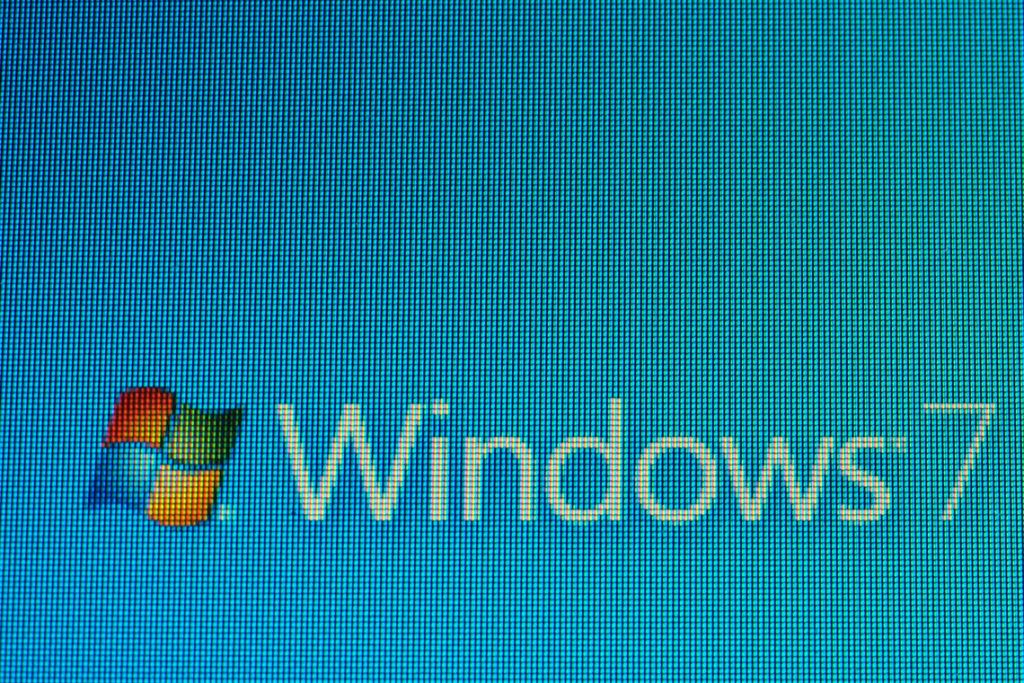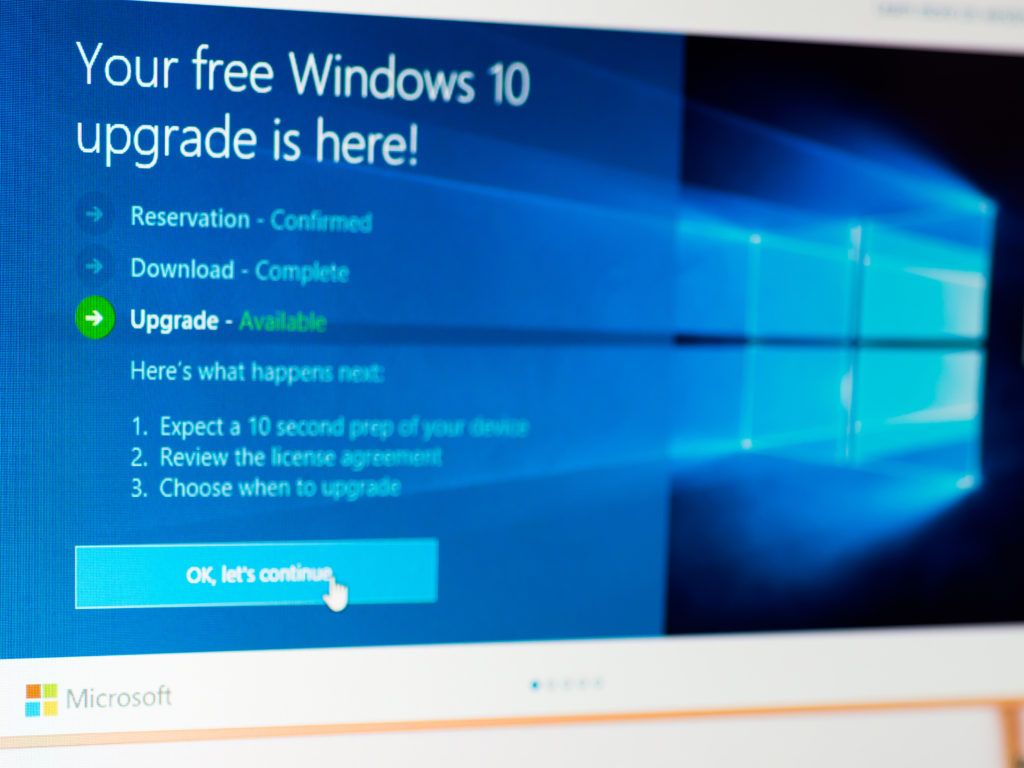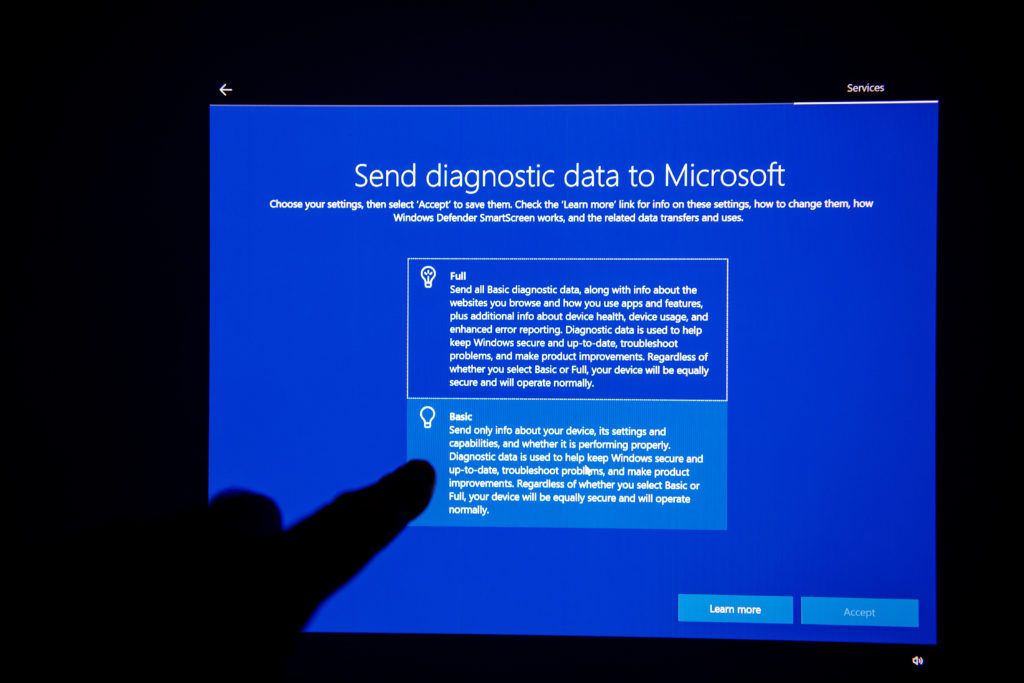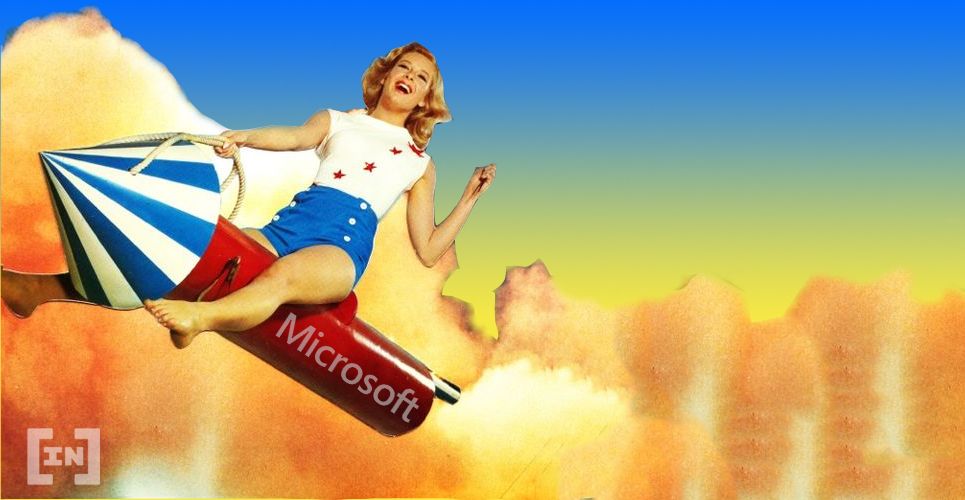If you’re someone who doesn’t like to use Windows 10, you may be at risk. According to a recently-found vulnerability, older versions of the operating system may be especially at risk of malware.
A critical vulnerability has been discovered for older versions of Windows. Called CVE-2019-0708 in its technicality, it is located in Remote Desktop Services. Because it is ‘wormable,’ if a computer becomes infected, it can pass it along to other computers.
If you are someone who is running Windows 7, Server 2008 R2, or Server 2008, you are at risk. If you are still running older versions like XP or 2003, you are also at risk. Windows 8 or 10 users are not affected.

Who Still Uses Old Versions of Windows?
One might be surprised to find out how many people are still running these old Windows versions. According to a recent report by Microsoft, around one million internet-connected computers are vulnerable. However, this does not include corporate networks. Although Microsoft has not yet found a worm capable of exploiting this security issue, there is still a risk. A fix for the vulnerability was released May 14. However, Microsoft is urging users to update to Windows 10.
Microsoft May Be Monitoring You
Part of the reason many people are still using older versions of Windows is to not be monitored by Microsoft. The newer versions of the operating systems are notorious for constantly asking for updates, along with sending data back to Microsoft. There have been multiple investigations which have found that PCs running newer versions of the operating system have outgoing communications with Microsoft servers — even if all of these features are turned off. Microsoft claims it is using this data to improve services. However, the sheer amount of outbound communications from your Windows 10 computer at any given time is a cause for concern.
Microsoft Needs Decentralized Options
Although the reason most people don’t update is largely due to forgetfulness, there are still those of us who cling to older versions of Windows for security purposes. This underscores the fact that Microsoft is, after all, a centralized entity who data-mines. Until Microsoft incorporates decentralized options into its new operating systems, those who consider privacy important will be less willing to update. It may be smart to update to Windows 10, but Microsoft should wonder why so many people don’t update to begin with. Maybe they should consider making privacy-centric operating systems. Do you know someone who refuses to update to Windows 10? What’s their reasoning? Let us know in the comments your thoughts.
Top crypto platforms in the US
Disclaimer
In adherence to the Trust Project guidelines, BeInCrypto is committed to unbiased, transparent reporting. This news article aims to provide accurate, timely information. However, readers are advised to verify facts independently and consult with a professional before making any decisions based on this content. Please note that our Terms and Conditions, Privacy Policy, and Disclaimers have been updated.

Advertorial
Advertorial is the universal author name for all the sponsored content provided by BeInCrypto partners. Therefore, these articles, created by third parties for promotional purposes, may not align with BeInCrypto views or opinion. Although we make efforts to verify the credibility of featured projects, these pieces are intended for advertising and should not be regarded as financial advice. Readers are encouraged to conduct independent research (DYOR) and exercise caution. Decisions based on...
Advertorial is the universal author name for all the sponsored content provided by BeInCrypto partners. Therefore, these articles, created by third parties for promotional purposes, may not align with BeInCrypto views or opinion. Although we make efforts to verify the credibility of featured projects, these pieces are intended for advertising and should not be regarded as financial advice. Readers are encouraged to conduct independent research (DYOR) and exercise caution. Decisions based on...
READ FULL BIO
Sponsored
Sponsored
